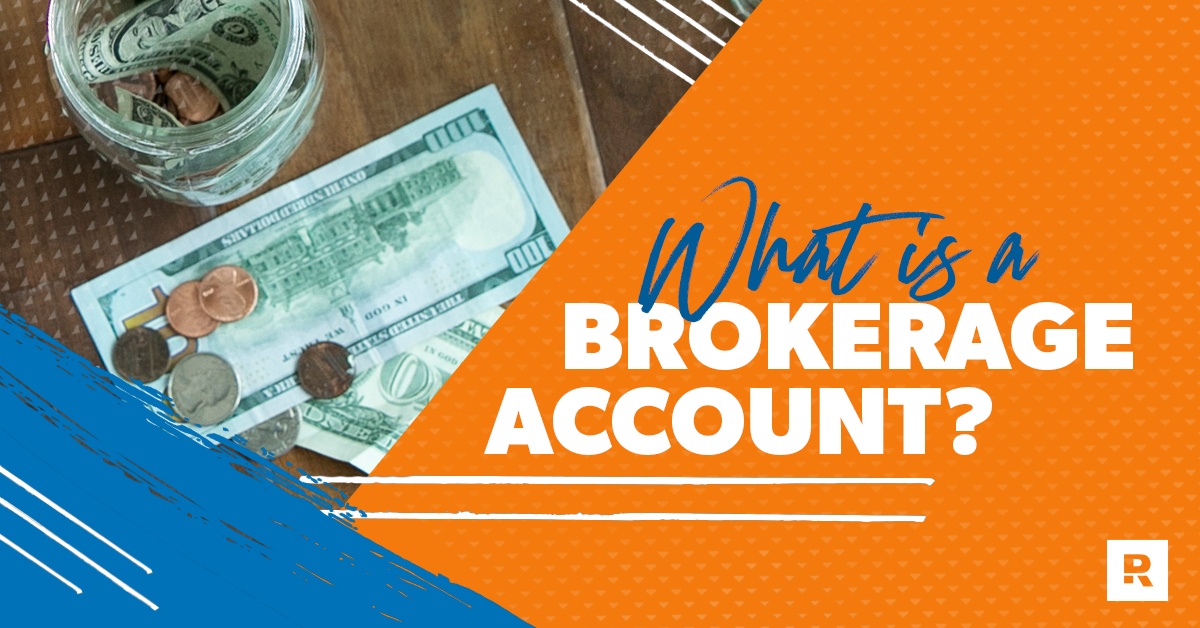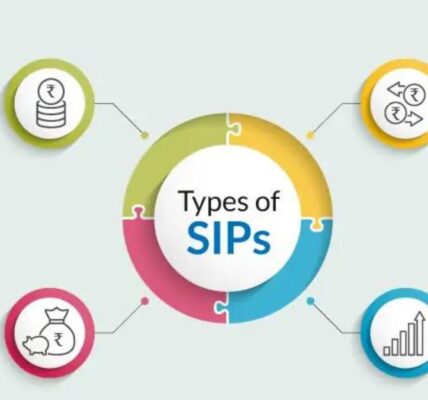Within today’s intricate financial landscape, the foundational step toward both wealth accumulation and the assurance of your financial future is the establishment of a brokerage account. Irrespective of whether your aspirations encompass forays into the realm of stocks, bonds, mutual funds, or a diverse array of financial instruments, understanding that a brokerage account functions as your pivotal entry point into the multifaceted universe of investments is of paramount importance. The comprehensive content presented herein is meticulously crafted to serve as your step-by-step manual, meticulously designed to impart lucidity and invaluable guidance during the endeavor of establishing your very own brokerage account.
1. Assess Your Financial Goals and Risk Tolerance
Before delving into the realm of investments, it’s wise to take a moment for self-reflection and consider your financial objectives and risk tolerance. Are you on the path to retirement savings, working toward that down payment for your dream home, or simply seeking to cultivate and grow your wealth? A lucid comprehension of your financial goals serves as the compass guiding your choice of a suitable brokerage and investment approach.

Read more.. How to Keep Your Online Banking Safe and Secure
Read more.. The Best Travel Rewards Credit Cards In 2023
2. Choose the Right Type of Brokerage Account
An array of brokerage account types awaits your selection, including individual accounts, joint accounts, retirement accounts (such as IRAs), and custodial accounts tailored for minors. The choice you make should harmonize with your financial aims. For novice investors, an individual brokerage account commonly serves as the preferred choice.

Read more.. How Much Is Renters Insurance? 2023 Rates
Read more.. The Best Pet Insurance Companies in the USA
3. Research Brokerage Firms
The process of selecting an appropriate brokerage firm holds paramount importance. Key considerations encompass factors such as fees, customer service quality, available investment options, and the user-friendliness of their trading platform. The rise of online brokerage firms can be attributed to their cost-efficiency and ease of access, with notable choices including Charles Schwab, Fidelity, TD Ameritrade, and E*TRADE.
4. Compare Fees and Commissions
Brokerage firms ordinarily levy fees for executing trades and administering your account. These fees exhibit variations, making it imperative for you to comprehend the financial implications. The pursuit of brokerage firms that offer minimal trading commissions and nominal account maintenance fees holds particular relevance, especially for individuals who are commencing their investment journey.
5. Complete the Account Application
After you’ve made your selection of a brokerage firm, proceed to their website and execute the account application. You’ll be prompted to provide personal details, which may encompass your Social Security number, employment particulars, and financial information. This information serves the dual purpose of ensuring regulatory compliance and facilitating your account management.
6. Fund Your Account
Following the approval of your account application, the time arrives to fund your brokerage account. Various methods are typically available for this purpose, including bank transfers, wire transfers, or mailing a check. The stipulated minimum initial deposit prerequisite exhibits variability, necessitating your confirmation with the chosen firm.
7. Familiarize Yourself with the Trading Platform
As a newcomer to account ownership, it is incumbent upon you to acquaint yourself with the trading platform provided by your brokerage. This platform is your command center for executing investment orders, overseeing your portfolio, and accessing research and market data. Most platforms offer educational resources and customer support to facilitate your adjustment to this process.
8. Develop an Investment Strategy
With your brokerage account adequately funded and your familiarity with the trading platform established, it’s time to construct your investment strategy. Reflect upon your tolerance for risk, your investment time horizon, and the categories of investments that dovetail with your financial objectives. Diversification emerges as the cornerstone in the mitigation of risk.
9. Begin Investing
Now that your investment strategy is securely established, you’re ready to set out on your investment voyage. The gamut of assets open for trading includes stocks, bonds, mutual funds, exchange-traded funds (ETFs), and an extensive array of other options, each meticulously tailored to fit the unique characteristics of your brokerage account. Stay vigilant in overseeing your investments, stay finely attuned to market trends, and be prepared to enact the essential portfolio adjustments in harmony with your overarching strategy.
10. Monitor and Adjust
Investment success unfolds as an ongoing journey, not a singular event. Commit to a routine review of your portfolio, making the requisite adjustments as circumstances dictate. Stay informed about market developments, avail yourself of educational resources, and perpetually adapt your strategy in response to the evolution of your financial situation.
Conclusion
The initiation of a brokerage account represents a pivotal milestone in your financial expedition. This account equips you with the indispensable tools and resources requisite for wealth growth, future planning, and the fulfillment of your financial objectives. By embracing the guidance proffered in this comprehensive guide and devoting due diligence to your research and the comprehension of your alternatives, you can set out on your investment voyage with assurance. It remains paramount to recognize that investing is not devoid of risks; hence, always solicit the advice of financial professionals and conduct your investments judiciously, aligning them with your unique circumstances and objectives.





